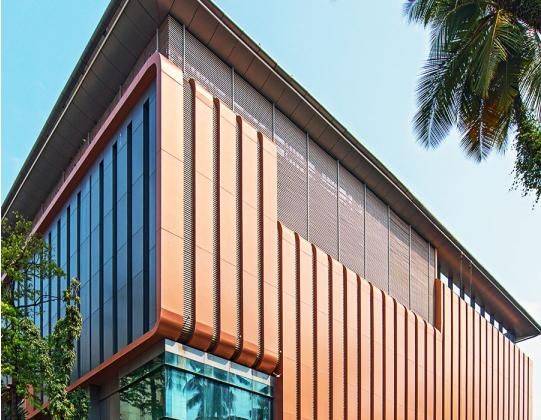Global Capability Centers (GCCs) have evolved significantly since their emergence in the 1990s, as companies began leveraging offshore locations for cost-efficient operations and a skilled workforce. From initial focus on IT support and back-office services, GCCs have now become hubs for innovation, research, and development. This transition resulted in a significant increase in the number of GCCs around the world, reaching approximately 3,200 centers.
As per Vestian Report, Currently, India houses nearly 1,700 GCCs spread across Tier-1 and Tier-2 cities, accounting for around 53% of the total number of GCCs worldwide. The top six cities, such as Bengaluru, Hyderabad, Chennai, NCR, Mumbai, and Pune, account for 94% of the total number of GCCs in India. The rest are spread across Kolkata, Kochi, Ahmedabad, Chandigarh, Coimbatore, Vadodara, Nashik, Trivandrum, Jodhpur, Warangal, Baroda, Visakhapatnam, Bhogapuram, Jaipur, Surat, Mohali, Bhubaneswar, Indore, Mysuru, Madurai, and Bhopal.
While Tier-1 cities continue to lead in terms of GCC presence, the momentum is gradually shifting towards Tier-2 cities. This shift is further bolstered by the Union Budget 2025, that proposes a national framework to facilitate the expansion of GCCs into emerging Tier-2 locations. This geographical diversification is expected to drive a substantial increase in the number of GCCs nationwide. According to Vestian Research, the total number of GCCs in India is projected to exceed 2,100 by FY 2028, growing at a CAGR of 8%. On average, approximately 150 new centers are expected to be established annually.
The IT-ITeS sector leads the GCC landscape in India, accounting for approximately 49% of the total number of GCCs nationwide. It is followed by the BFSI sector which holds a 17% share. Collectively, the Healthcare & Lifesciences, Engineering & Manufacturing, Consulting Services, and Telecom & Media sectors contribute around 19% to the overall number of GCCs in India.
Shrinivas Rao, FRICS, CEO, Vestian said, “India’s leading office markets continue to offer a compelling value proposition to GCCs, characterized by competitive costs, a highly skilled workforce, robust infrastructure, progressive policy incentives, and a conducive business environment. However, selecting the right location remains critical to the long-term success of any GCC. Vestian’s GCC Market Entry Index serves as a strategic tool to support companies in identifying optimal locations that align with their business objectives.”
City-wise Analysis
•Bengaluru houses 487 GCCs spread across various industries, the highest among major cities in India. The city accounts for 29% of the total number of GCCs in the country.
•With the presence of 273 GCCs from across the globe, Hyderabad has emerged as the fastest-growing GCC hub in the country. It hosts 16% of the total GCCs present in the country, the second highest amongst the top six cities.
•The NCR region houses 272 GCCs, accounting for 16% of the total GCCs in the country. Its strategic location, proximity to government institutions, and robust infrastructure attract several global companies to establish GCC operations.
•Mumbai houses 207 GCCs, accounting for 12% of the total GCCs in the country. The city is further strengthening its position as a GCC hub, driving major expansions and new investments from global corporations.
•Pune has emerged as a major GCC hub with the presence of 178 GCCs from across the world, accounting for 11% of the total GCCs in the country.
•Chennai is one of the fastest-growing GCC hubs in India, with the presence of 162 GCCs, accounting for around 10% of the total number of GCCs in the country.









